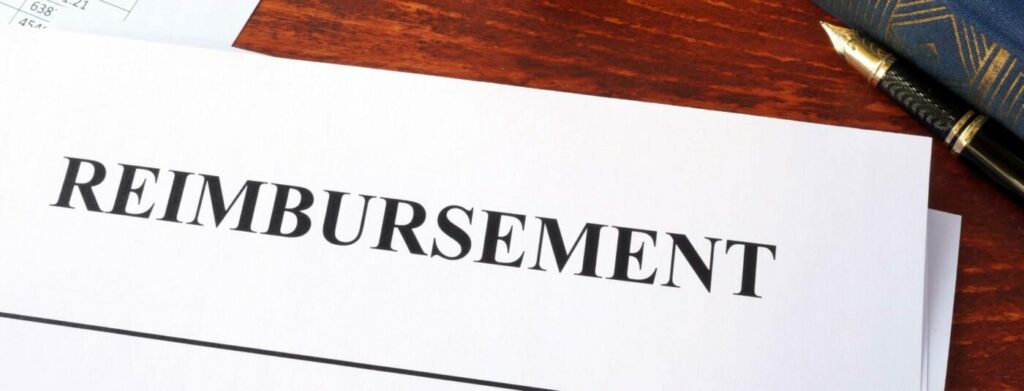
30% Reimbursement Ruling in the Netherlands: FAQ
Updated on 19 February 2024
Below are the answers to the most common questions regarding the 30% reimbursement ruling in the Netherlands:
When should I apply for the 30% reimbursement ruling?
Expats may apply for this tax advantage within 4 months after the conclusion of their employment contracts. For those applying after the 4-month interval, the ruling becomes effective on the month after the submission of the application. People who have been hired in the Netherlands for some time can also take advantage of the 30% reimbursement ruling but it will not apply to any previous years. The application processing period is case-dependent and may take from 1 to 6 months.
Is there a maximum duration for the 30% reimbursement ruling?
In the beginning of 2012, this period was set at 8 years. For applications approved before 2012, the period remains ten years. After 5 years the applicants may be requested to provide proof that they continue to fulfil the requirements of the ruling. Previous employment and stay in the country reduce the duration period of the reimbursement ruling.
In October 2017 the Dutch government announced its plans to reduce the duration of the 30% ruling from 8 to 5 years. Read more on the latest developments.
How can I maintain the 30% reimbursement rule when changing jobs?
It is not difficult to maintain this tax advantage, as long as the new employment starts no longer than 3 months after the termination of the previous one. The procedure for application must be repeated within 4 months from the beginning of the new job. The new employer has to provide a statement that the applicant possesses rare qualifications and expert knowledge.
What can I do if my application for the 30% reimbursement ruling is denied?
If the competent authorities deny your application, you can submit an objection within 6 weeks. If the decision remains the same, you can lodge an appeal.
How is the 30% reimbursement ruling applied to my salary?
The reimbursement is relevant to the gross salary agreed with the employer. Pension premiums are subject to different regulations. The rest of the benefits (bonuses, holiday allowances, etc.) are included in the ruling if they are considered as severance pay. This salary requirement is waved for researchers and other scientists working in the field of education, such as medical interns.
What is the definition of an “incoming employee”?
In the Netherlands, an incoming employee is a person who, before the beginning of his/her employment, has spent at least two-thirds of the past two years at least 150 kilometres away from the country’s borders.
How can I prove I possess valuable qualifications and expert knowledge on the background of the Dutch labour market?
University education and/or ample work experience can justify the high value of your skills in the labour market. Furthermore, your employer has to provide reasonable grounds (in written) for hiring you by stating your rare qualifications. Have in mind that since the beginning of 2012 the requirement for minimum salary has virtually replaced the skill requirement. However, for particular positions, you might still be asked to prove your qualifications.
Are there any negative consequences to the 30% reimbursement ruling?
The 30% tax reduction with respect to the gross salary leads to a significant decrease in unemployment and disability benefits, tax refunds (mortgage loans), pension, social security, etc, as these are mostly or even exclusively based on the taxable salary.
Similar Posts:
- Foreign multinational corporations & the Netherlands annual budget
- Significant amendments to the law in Holland in 2019
- Netherlands measures for additional CO2 reduction
- Tax treaty denounced between the Netherlands and Russia per January the 1st, 2022
- Want to innovate in the green energy or clean tech sector? Start your business in the Netherlands




